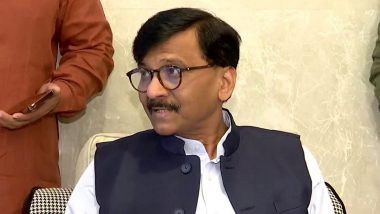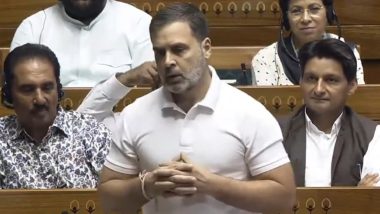Dubai, Nov 20 (AP) As a cold rain fell on a suburb of Iran's capital on Wednesday, women swallowed by black chadors and men in green military-style jackets walked alongside the flag-draped coffin of a Revolutionary Guard member, one of over 100 people reported to be killed in protests across the country.
A low wail rose among the women as they passed the burned remains of buildings set ablaze in the chaos that began Friday. The mourners did not blame the Guard member's death on Iran's government, which increased gasoline prices amid widespread economic woes as Tehran's nuclear deal with world powers collapses.
Instead, those at the funeral blamed the United States.
“America, shame on you for your conspiracies,” they cried.
“The blood of our youth is dripping from your claws!" From allegations of foreigners in demonstrations to claims of outside forces being involved, Iran's government has been blaming everyone else for the violence unleashed after it raised the minimum price for gasoline by 50 per cent.
Those claims have been amplified by state-controlled TV and radio channels, the only broadcasters allowed, after interference on illegal but widely tolerated satellite dishes has grown worse and the internet has been blocked since Saturday.
Iran has yet to offer any definitive figures of those killed, injured or arrested in the unrest.
Amnesty International on Tuesday said it believed at least 106 people had been killed, with the death toll possibly above 200. Iran's mission to the United Nations disputed the figure as “baseless allegations,” although a U.N. office earlier said it feared the unrest may have killed “a significant number of people.”
Iranian reports suggested the unrest led to nearly a half-billion dollars in damage and losses for the country.
The internet outage and communication disruption made it difficult for Iranians to speak to the outside world. The number of online videos of the unrest similarly have dried up, a result of the internet blockage.
“That the internet is still shut down only signals that despite the heavy use of violence, the security forces haven't been able to successfully squash the unrest,” said Ali Fathollah-Nejad, a visiting fellow at the Brookings Doha Center. (AP)
(This is an unedited and auto-generated story from Syndicated News feed, LatestLY Staff may not have modified or edited the content body)


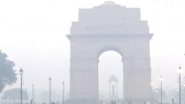






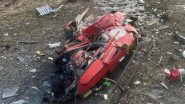
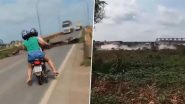


 Quickly
Quickly










